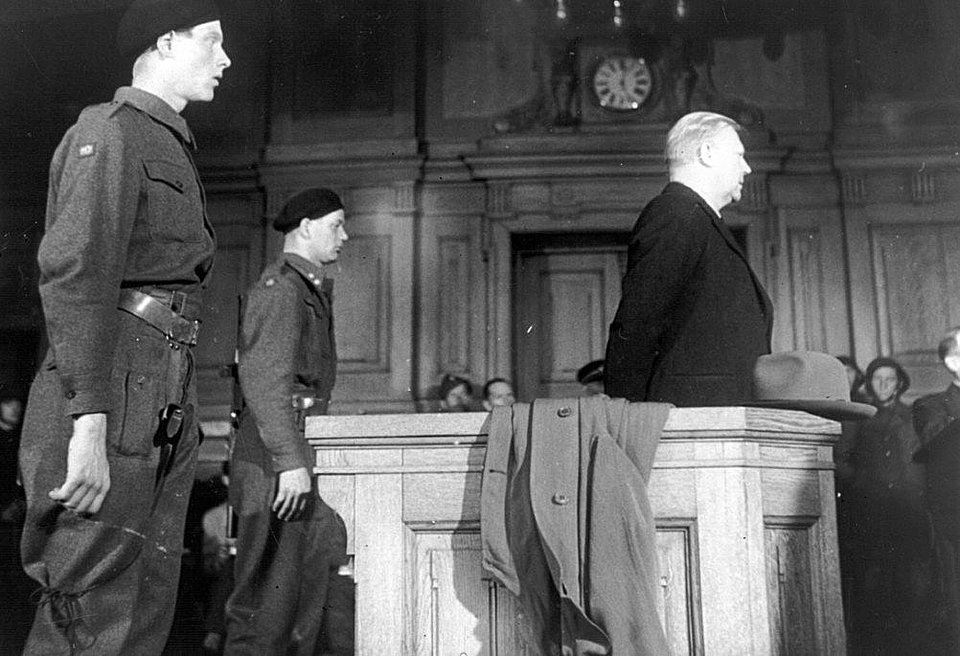

There wasn’t much in the early life of Vidkun Quisling (1887-1945) to suggest he would become the nazi puppet ruler of Norway during the second world war. He first came to prominence in the 1920s, as a colleague of Fridjof Nonsen, sent to Russia by the Norwegian government to help alleviate the Russian famine of 1921.
He was then posted as a diplomat to the Stalinist Soviet Union where he managed British affairs alongside other duties for several years. He was honored by the British by being awarded Commander of the British Empire status in 1929, although that was hastily withdrawn in 1940 after Quisling’s contribution to the German takeover of Norway was realized.
Quisling’s direct experience in the Soviet Union appear to have shaped his political views, in particular his fear of communism spreading to western Europe. He held various government positions in the 1930s, but founded his own right-wing party Nasjonal Samlung, or National Union, in 1936. However, this party performed abysmally at the polls.

Prior to the second world war, Quisling maintained his distance from nazism. For example, he condemned Kristalnacht (the burning of synagogues in Germany) in 1938 and did not ban Jews from joining his political party. But he met Hitler and other leading figures in December 1939 and is strongly suspected of betraying military secrets about Norwegian defences to them.
As the Germans invaded Norway in April 1940, Quisling declared a coup to facilitate the occupation. The move was very unpopular in the country at large and the new German Commissioner, Josef Terboven, realized that Quisling could never represent the Norwegian people. But Quisling did meet Hitler four times during the war and, in 1942, was given the largely honorary title of minister-president but under German protection.
In 1943 Quisling wrung from Hitler the half-promise that Norway would be independent after the war, although it was obvious by then that an axis victory in Europe was highly unlikely. His relationship with Terboven deteriorated as Quisling refused to sanction the execution of thousands of Norwegian freedom fighters. He did, none the less, agree the deportation of many Jewish families, whilst arguing at his post-war trial that he believed they were to be settled in Madagascar.
Arrested in May 1945 after British troops landed in Oslo, Quisling was charged with treason, crimes against humanity and extortion. His defence was essentially that he had always acted in the interests of Norway and strived for her independence under difficult circumstances. But documents secured by the prosecution revealed his double-dealing with the Nazis in 1940 and his laws confiscating Jewish property. He was found guilty and executed at Akershus Fortress in October 1945.
The term Quisling, meaning traitor in general, was coined by the London Times newspaper in 1940 and also appeared in a rousing speech by prime minister Winston Churchill. His name survives only in a contemporary US pharmacy run by his descendants. In his final words, prior to being shot, Quisling said he would be more dangerous in death than he had ever been in life. In fact, his only legacy was to lend his name to the commission of treason, wherever committed, in the following 80 years.
 |
 |
 |





